Creating an engaging discussion forum can feel like trying to find a needle in a haystack, right? With so many options out there, it’s easy to feel overwhelmed and unsure of where to start. But fear not! You’re not alone in this quest for lively online conversations.
Stick with me, and I promise you’ll discover practical tips to build a vibrant forum that encourages lively discussions and fosters a sense of community. Imagine having a place where everyone feels welcome to share their thoughts and ideas!
In this guide, we’ll explore everything from choosing the best platform and defining your audience to mastering user engagement and moderation. Let’s dive in and unleash your forum’s full potential!
Key Takeaways
- Choose a user-friendly platform that aligns with your forum’s purpose.
- Define your forum’s mission and target audience to attract the right members.
- Create a clean, intuitive design that encourages easy navigation.
- Encourage participation by starting engaging threads and using gamification.
- Establish clear rules and guidelines to maintain respectful discussions.
- Foster a positive community by leading with kindness and promoting diverse opinions.
- Utilize multimedia like images and videos to enhance engagement.

How to Create Engaging Discussion Forums
Creating engaging discussion forums is key to building a vibrant online community.
A successful forum fosters interaction, encourages user participation, and provides a safe space for sharing ideas.
To kick off, you’ll need a solid platform, a clear purpose, and an inviting design.
Choose the Right Platform for Your Forum
The platform you select can make or break your discussion forum.
Consider user-friendliness, accessibility, and customization options when choosing one.
Popular options include platforms like Discourse, phpBB, and vBulletin.
Each has its unique strengths and weaknesses, so think about your specific needs.
If you’re aiming for an academic audience, a platform that integrates educational tools may be valuable.
Also, consider ease of moderation; some platforms feature built-in tools for managing discussions effortlessly.
Define Your Forum’s Purpose and Audience
Every engaged community starts with a clear mission.
Defining the forum’s purpose helps attract the right audience and keeps discussions focused.
Ask yourself: Is it for sharing knowledge, networking, or discussing specific topics?
Once you identify the purpose, tailor your content and discussions accordingly.
For example, if the forum is centered on lesson preparation, ensure that members know the forum’s focus on educational strategies and resources.
Your audience will also shape your forum’s success, so consider demographics like age, interests, and experience levels.
Collecting insights through a survey can provide clarity on who your members are and what they seek.
Design an Attractive and User-Friendly Interface
The first thing users notice is your forum’s design, so make it welcoming!
A clean, intuitive layout encourages users to click around and engage with content.
Choose colors and fonts that resonate with your forum’s theme but maintain readability.
Breaking down sections with clear categories helps guide users, making it easy for them to find discussions that excite them.
Also, responsive design is crucial; people access forums on various devices, so ensure it looks good on both desktops and mobiles.
Consider adding search functionalities and easy navigation tools, reducing friction when users look for specific topics.
A well-designed forum is like a well-stocked library: inviting and full of treasures waiting to be discovered!

Encourage User Participation and Interaction
Encouraging users to participate is vital for a thriving forum.
Start by creating engaging threads that ask intriguing questions or introduce hot topics relevant to your audience.
Consider kicking things off with a welcome thread where new members can introduce themselves—this can set a friendly tone.
Incorporate gamification elements like badges or leaderboards to motivate contributions.
Also, you can host regular events like “Ask Me Anything” sessions with experts in your field, allowing users to pose questions and initiate discussions.
Make sure to respond promptly to users’ questions and comments; your involvement will encourage them to engage more.
Finally, highlight user contributions by featuring member posts or creating a “post of the month” award.
Create Clear Rules and Guidelines for Discussions
Rules and guidelines are like traffic signs—they help keep discussions on track!
Start by outlining what is acceptable behavior and what isn’t, covering aspects like respect, relevance, and content restrictions.
Encourage positive interactions by making clear the consequences of violations, but do it in an approachable way.
Consider using threads to explain the rules in detail, or create a dedicated section for them that’s easy to navigate.
Invite community feedback on the guidelines to foster a sense of ownership and collective responsibility.
Frequently remind members of the rules, especially when launching new threads, to keep the conversations alive and respectful.
Foster a Positive and Respectful Community
A positive atmosphere makes users feel at home, and that’s crucial for engagement.
Lead by example; as a forum creator, your tone and interactions set the stage for others.
Promote kindness and respect by encouraging users to appreciate diverse opinions and life experiences.
Highlight constructive feedback over criticism, especially when discussing sensitive topics.
You could introduce “thank you” buttons or reaction emojis to help promote positive interactions.
Even minor gestures, like acknowledging user milestones or contributions, can create a sense of belonging.
And remember to intervene promptly if discussions turn sour; protect your community by addressing issues head-on.
Utilize Multimedia to Enhance Discussions
Visuals can supercharge discussions and keep them lively!
Encourage users to share images, videos, or podcasts related to the topics they are discussing.
You might even create threads specifically for sharing multimedia content like tutorial videos or infographics.
Consider integrating tools that allow users to upload files easily or share links to their projects.
For example, if your forum focuses on education, users can share lesson presentation slides or educational video links to enrich conversations.
Utilizing multimedia keeps content fresh and engaging, attracting more participation from different users.
Plus, people often connect with visuals faster than texts, making your discussions more effective.

Promote Your Forum to Attract New Members
Attracting new members is essential for a thriving discussion forum.
Your first step should be to leverage social media platforms to showcase engaging content from your forum.
Share interesting threads or discussions that capture attention, and encourage existing members to spread the word.
Consider creating an email newsletter to keep your community updated on new discussions, events, or featured members.
Joining related online communities can help you connect with potential members who share similar interests.
Don’t underestimate the power of SEO; optimize your forum with relevant keywords to improve its visibility on search engines.
If possible, collaborate with influencers or experts in your niche to draw attention and lend credibility to your forum.
Offering incentives for referrals can also encourage your current members to invite their friends and colleagues.
Monitor and Moderate Discussions Effectively
Effective moderation is crucial for maintaining the integrity of your forum.
Establish a team of moderators who can monitor discussions and enforce the community guidelines.
Make sure these moderators are well-versed in the rules and can respond to conflicts quickly and fairly.
Regularly reviewing discussions will help you spot potential issues before they escalate.
Encourage community members to report inappropriate posts or behavior using an anonymous reporting feature.
Consider hosting regular moderator meetings to discuss ongoing issues and brainstorm solutions together.
And remember, transparent communication with your community about moderation actions builds trust.
Gather Feedback and Make Continuous Improvements
Feedback is a goldmine for improving your forum’s user experience.
Creating a dedicated thread or section for suggestions makes it easy for users to provide input.
Regularly poll your community to gather insights into what is working and what isn’t.
You might find that users want more specific topics, increased multimedia capabilities, or different event formats.
Acting on feedback shows that you value your community’s opinions and are committed to enhancing their experience.
After implementing changes, follow up with your community to discuss their thoughts and monitor if the changes meet their needs.
Staying flexible and open-minded will keep your forum dynamic and continuously improving.
FAQs
The best platform depends on your needs. Popular options include Discourse for its modern interface, phpBB for open-source, or Facebook Groups for easy engagement. Evaluate features like customization, user management, and cost before choosing.
Encouraging participation can be achieved by asking engaging questions, rewarding active members, hosting events or challenges, and providing a welcoming atmosphere. Highlight user contributions and show appreciation to foster a lively community.
Establish clear rules to maintain a respectful atmosphere. Common guidelines include prohibiting hate speech, personal attacks, and spam. Encourage constructive criticism and outline consequences for rule violations to ensure a positive experience for everyone.
Effective moderation involves actively monitoring discussions, addressing issues promptly, and enforcing rules fairly. Create a team of moderators if possible, and encourage community reporting. Transparency in moderation helps build trust and keeps discussions constructive.
